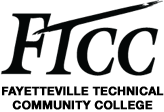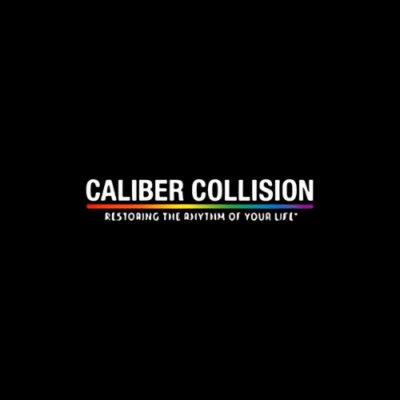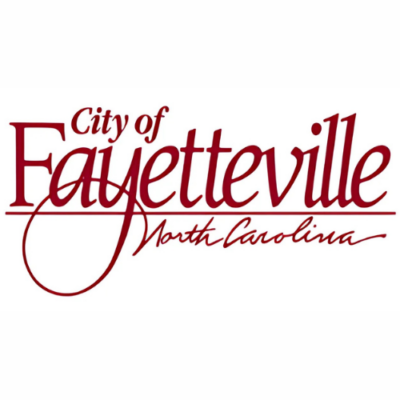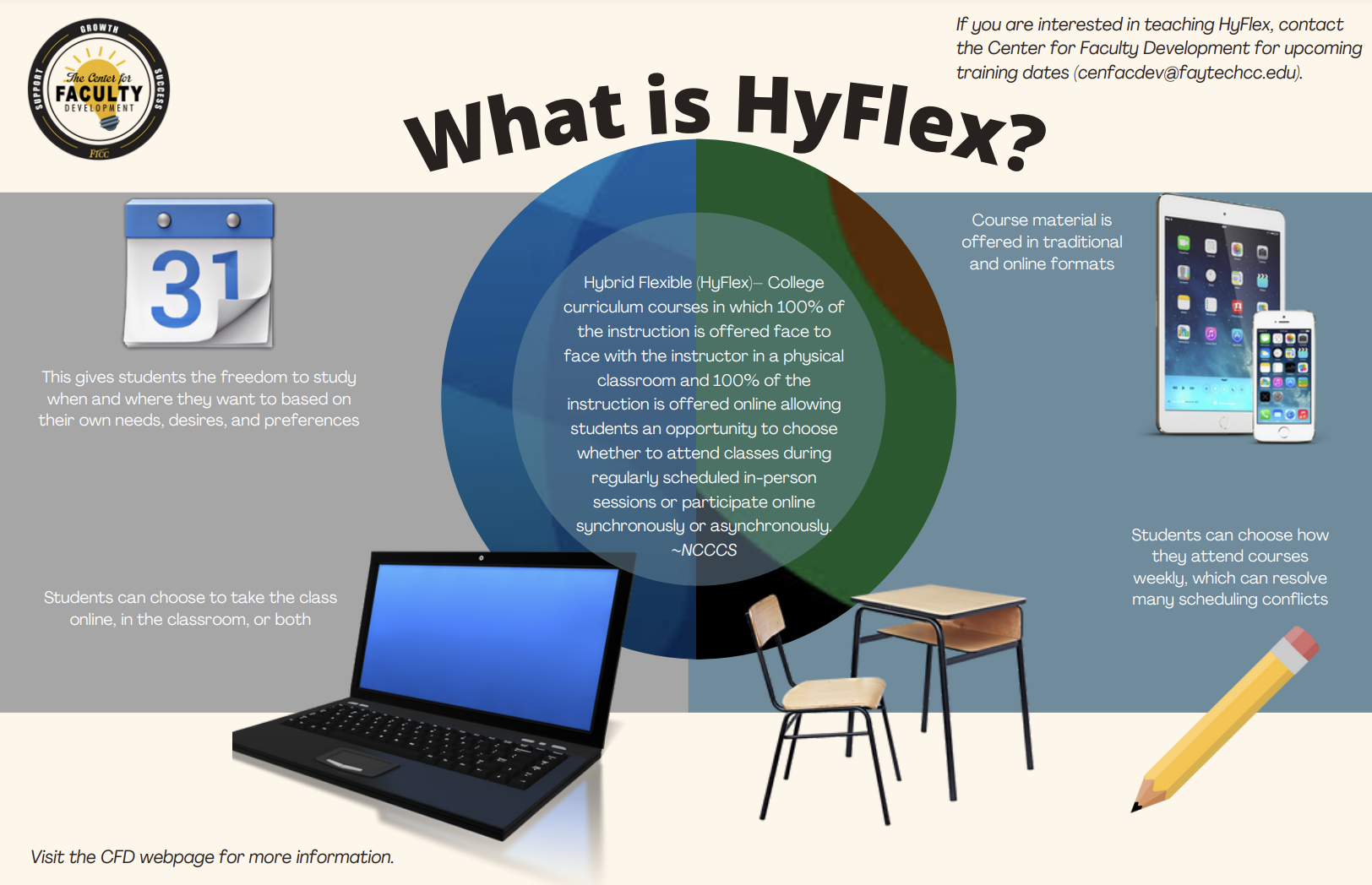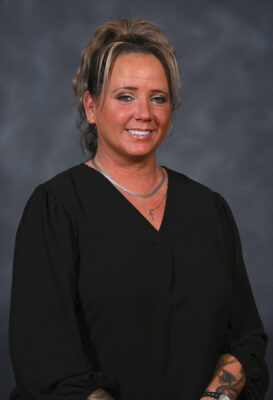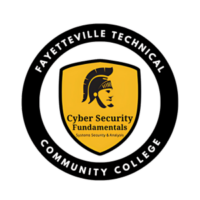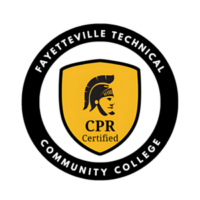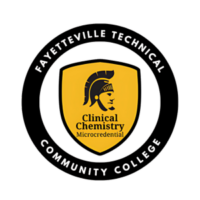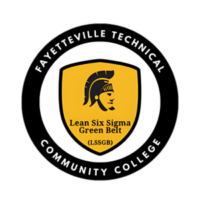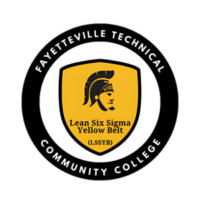Blackboard Student Policies
Pre-Census Attendance:
Fayetteville Technical Community College is committed to student success, retention, and progression. The College believes that when students participate in class regularly, they are demonstrating responsibility and commitment to their education. While the College does not have an institutional attendance policy, taking attendance is required through the census date of the class. The Office of Veteran Affairs requires notification when VA students stop attending class, and instructors are responsible for reporting these dates. Additionally, some programs may have outside regulatory bodies that require a minimum of course attendance hours (e.g. Cosmetology, BLET, health programs, etc.).
Students enrolled in any course, regardless of delivery method, must be in attendance, or receive a participation grade and be recorded as present, or actively participating at least one time on or before the census date of the course (the first 10% of the term). Students who have not attended or actively participated at least once by the census date will be dropped by the instructor as a “No Show”. For fully online courses, a student must complete a graded assignment on or before the census date. For face-to-face and hybrid courses, a student must both be physically present in the class and complete any required online assignments on or before the census date.
Active Participation:
Following the census date of the course, students are expected to actively participate in all scheduled courses. Expectations for active participation for each class will be included in the course syllabus and be provided to students at the beginning of the academic term. It is the student’s responsibility to know and understand the expectations for active participation for each course and to understand how absences, late arrivals, and/or early departures may affect the final grade.
Students who do not actively participate may be withdrawn from their courses by the faculty member. Active participation includes, but is not limited to the following academically related activities:
- Attending a synchronous class, lecture, recitation, or field or laboratory activity, physically or online, where there is an opportunity for interaction between the instructor and students;
- Submitting an academic assignment;
- Taking or submitting an assessment, test, exam, or quiz;
- Participating in an interactive tutorial, webinar, or • other interactive computer-assisted instruction;
- Participating in a study group or group project, whether in person or online, that is assigned by the instructor;
- Participating in a discussion in the class or posting in a discussion forum online regarding academic matters;
- Interacting with or emailing an instructor about the academic subject studied in the course.
As required by law, students are allowed two days of excused absences each academic year for religious observances. Students must notify instructors in writing in advance of expected religious absences. Students are not permitted to bring guests or children to class. Only registered students and employees of the College are permitted to sit in classes or labs. Exceptions will be made for students with accommodations approved through Disability Support Services.
Withdrawal Policy:
A student may withdraw from a class following these procedures:
- Students who wish to drop prior to the 10 percent date must see the Registrar.
- Students who are unable to continue attending class after the 10 percent date must submit a request to be withdrawn by using the “Student Course Withdrawal Form” found under the “Registration” section of the “Students Menu” tab on Self-Service. For instructions on using the form, please refer to the the Online Course Withdrawal section on the College website. Students who withdraw between the 10 percent date and the 90 percent date of the term will receive a grade of “W”.
- After the 90 percent date of the term, a letter grade will be assigned based upon the student’s average on all course requirements. Course requirements/tests not completed in the remainder of the class will be averaged into the final grade as a zero. After the 90 percent point, when students have exceeded the allowable number of absences for the course, instructors are not required to accept assignments/tests.
Student Code of Conduct:
Students are expected to conduct themselves in accordance with generally accepted standards of scholarship and conduct. The purpose of this code is not to restrict student rights but to protect the rights of individuals in their academic pursuits. Students should review the Student Code of Conduct under “Student Rights, Responsibilities, and Judicial Process” in the current FTCC Student Handbook.
Smoking Prohibitions:
Smoking is prohibited in all College buildings and at the entrance to any College building. Smoking is also prohibited on any property owned by the college except in the seventeen designated smoking areas located around campus. Students found to have violated the College’s smoking policy are subject to disciplinary action under the “Student Code of Conduct” listed in the current FTCC Student Handbook.
Dress Code:
While on campus, students are expected to dress in clothing that is appropriate for the educational environment of the College or in accordance with specific rules established to protect the health and safety of students. Under no circumstances should a student’s attire be distracting to others. For additional information please refer to the current FTCC Student Handbook .
Academic Integrity:
FTCC students are expected to exhibit academic integrity. Academic dishonesty is considered to be a serious offense and may result in probation, suspension, or expulsion from FTCC. Students should review the Student Code of Conduct under “Students Rights, Responsibilities, and Judicial Process” in the current FTCC Student Handbook .
Americans with Disabilities Act:
Any FTCC student who feels that he or she needs special accommodations or services due to a disability are encouraged to contact Disability Support Services, located in the Tony Rand Student Center, phone number 910-678-8479 as soon as possible to better ensure that such accommodations are implemented in a timely fashion. More information may be found in the “Services” section in the current FTCC Student Handbook .
Nondiscrimination Statement:
Fayetteville Technical Community College does not practice nor condone discrimination in any form against students, employees, or applicants on the grounds of race, color, national origin, religion, sex, age, disability or political affiliation. Fayetteville Technical Community College commits itself to positive action to secure equal opportunity regardless of those characteristics. View the full Nondiscrimination Statement in the current FTCC Student Handbook .
Protection of Privacy:
Fayetteville Technical Community College ensures the protection of students’ privacy taking distance education courses. FTCC does not share distance education students’ protected and identifying information with third parties. To protect the privacy of all students, including distance learning students, FTCC complies with the Family Educational Rights and Privacy Act (FERPA) of 1974. All students enrolled in distance education courses are required to verify their identity through several methods of verification to include requiring a secure login and pass code to the learning management system and related resources, proctored examinations, use of test proctoring technologies, and employing authentic assessments.
Safety and Security:
The College is very concerned about protecting its students, employees, and visitors at all campus locations. Students can help the college protect everyone by reporting immediately any threats received or heard to their instructors, security, or any college staff member. The college always takes steps to protect students who have reason to believe that they are in any type of danger. Also, students should remember to keep their belongings in secure places and to report any suspicious activities to college officials. “Together, we can help our campus to be a safer place.”
Public Safety & Security’s Web Page
Main Campus: 910-678-8433
or use the emergency call boxes located around campus.
Spring Lake Campus Security
Phone: 910-678-1012
Cell Phone: 910-303-1208
Horticulture Education Center Security
Phone: 910-678-0064
Inclement Weather:
Scheduled classes which are missed due to inclement weather or not held for any reason, e.g. natural disasters, emergencies, etc., will be rescheduled or made up with an assignment posted on Blackboard. Students should listen to local radio stations or look for an announcement on the FTCC website to learn if the college is closed. In the event that class is canceled, students are required to check the announcements on the Blackboard site for the course to receive further instructions.
Plagiarism
FTCC considers plagiarism to be a serious offense. A student found guilty of plagiarism may be given a failing grade in the course and additionally may be placed on probation or suspension, or expelled from FTCC. Students are responsible for knowing what constitutes plagiarism.
What is plagiarism?
- Plagiarism is using another person’s ideas and/or writing without acknowledging that you are doing so. All students should take all precautions to ensure that no plagiarism, intentional or unintentional, is present in their writing.
- A student who contributes to plagiarism by allowing another student to copy their work is considered to be as guilty as one who submits the work. A student found guilty of allowing another student to copy their work may be held accountable for plagiarism whether or not they intended this work to be copied. Students are expected to control the access to their online materials and email accounts and are accountable for all work submitted in their name. The claim that someone else submitted work in the student’s name does not relieve the student of any penalties associated with plagiarism. The intent of a student is not the issue. Those who plagiarize unintentionally are likely to be punished just as severely as those who plagiarize intentionally.
- Plagiarism includes, but is not limited to:
- to quote a source word-for-word without enclosing the material in quotation marks (even if you cite the source).
- to summarize an article by copying from the abstract or critical summary (even if you cite the article).
- to paraphrase closely another’s writing (e.g., slight modifications in sentences, but expressing the same ideas with the copied phrases) even if you cite the source.
- to use another author’s points about a topic without acknowledging that you are doing so, and/or reviewing exactly the same studies in the same way (e.g., using a criticism or essay or textbook treatment of a topic as the basic outline for your paper and reviewing only the studies that the author used and making the same criticisms that the author does). It is fine to get a general idea for a topic from a text or other source, but you must then develop and cover the topic in your own way.
Students are expected:
- to use their own ideas and their own words in any paper they write.
- to write about material they have read, but what they say about it should reflect their own understanding and their own comments on it.
- to use occasional quotations but to identify them as quotations.
- to avoid close paraphrasing which is not their own writing. Using more than five (5) consecutive words from the original source without using quotation marks reflects close paraphrasing (i.e., to take an author’s writing and to change a few words here and there). This is not acceptable even if they cite a reference.
